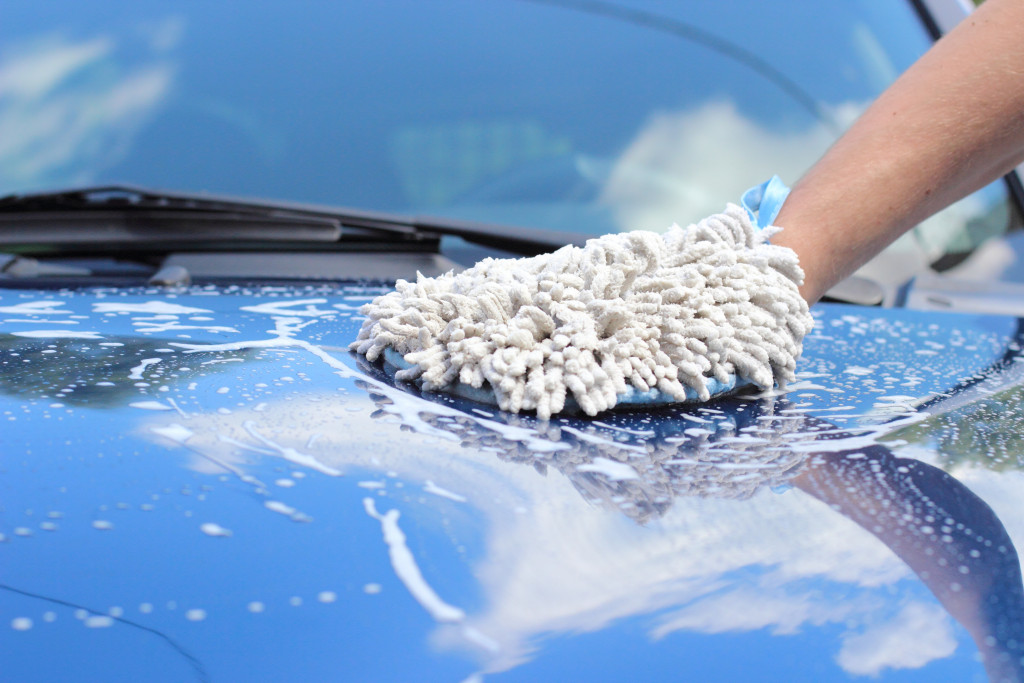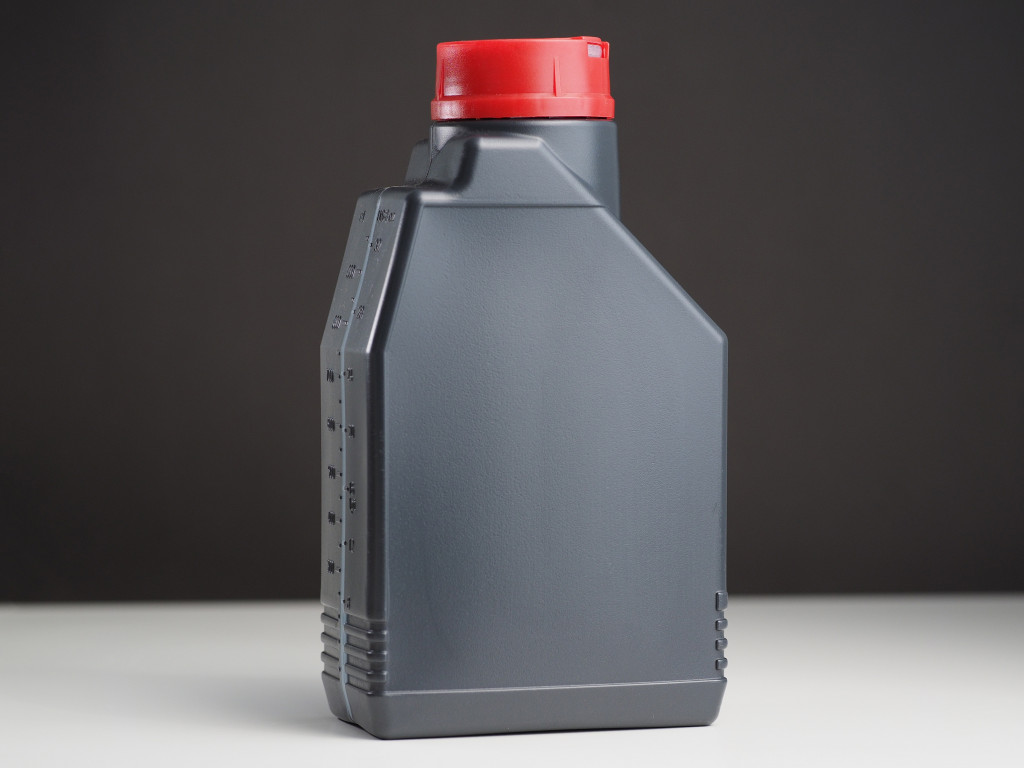- Car maintenance involves keeping the car clean, conducting regular tune-ups, and checking tire pressure regularly for optimal performance and safety.
- Regular oil changes are crucial to prevent engine damage and maintain fuel efficiency.
- Replacing wiper blades and maintaining vehicle fluids promotes smooth operation and safety.
- Monitoring your car’s battery health ensures reliable performance and avoids unexpected breakdowns.
- Regular brake maintenance is essential for vehicle safety as it helps identify potential issues before they become serious problems.
Keeping your car in great shape doesn’t have to be a complex task. With the right knowledge and a proactive approach, you can ensure your vehicle runs smoothly and efficiently, saving you time, money, and potential headaches. Welcome to the man’s guide to effective car care – your go-to resource for maintaining your car with minimal effort and maximum results.
Keep your car clean.

A clean car is not just about maintaining its aesthetic appeal, it’s also about preserving its long-term value and performance. Regular washing and detailing can remove grime, dirt, and corrosive elements that harm your car’s paint, undercarriage, and interior.
A high-quality car wash soap, a soft microfiber cloth, and a gentle stream of water can prevent scratches and swirl marks on your car’s exterior. Remember to clean the wheels and tires, as brake dust and road salt can cause damage.
For the interior, vacuuming and wiping down surfaces routinely can keep your cabin fresh and prolong the life of its components. Furthermore, a UV protectant can shield your dashboard and seats from sun damage. Keeping your car clean contributes to its longevity, safety, and overall driving experience.
Regular tune-ups.
Regular tune-ups are critical to car maintenance since they involve a comprehensive check-up of your vehicle’s major components. This enables you to detect and address issues before they escalate, avoiding costly repairs.
Ensure to bring it to an auto repair shop, as this establishment employs skilled mechanics and has access to sophisticated tools and parts necessary for thorough check-ups and repairs. This ensures your vehicle receives the best care possible, enhancing its performance and lifespan. Here are more tips to help you out:
Regularly check your tire pressure.
Maintaining ideal tire pressure is a vital yet often overlooked aspect of car care. Driving with incorrect tire pressure can impact fuel efficiency, tire wear, and safety. Under-inflated tires generate more resistance, increasing fuel consumption, while over-inflated tires are prone to uneven tread wear and potential blowouts.
Regularly checking your tire pressure, ideally monthly or before long trips, with a reliable tire pressure gauge can help preempt these issues. Most vehicles have a placard in the driver’s side door jamb or the fuel door indicating the appropriate tire pressure.
Always adjust your tire pressure when the tires are ‘cold’ – driven less than a mile. By maintaining the right tire pressure, you can ensure optimal vehicle performance, enhance fuel efficiency, prolong your tire’s lifespan, and, most importantly, ensure your safety on the road.
Change your oil.

Regular oil changes are fundamental to your car’s health. The engine oil lubricates various parts, minimizing friction and preventing overheating. Over time, it degrades and accumulates contaminants, diminishing its lubricating properties. This can lead to engine damage, decreased fuel efficiency, and potentially costly repairs.
Therefore, it’s crucial to change your oil and oil filter regularly. Most manufacturers recommend an oil change every 5,000 to 7,500 miles, which can vary depending on your vehicle’s make, model, and usage. Always consult your vehicle’s owner manual for specific instructions.
Consider using synthetic oil for better engine protection and performance, especially in extreme weather conditions. Remember, regular oil changes can keep your engine running smoothly and extend the longevity of your vehicle.
Replace wiper blades and fluids.
Regular replacement of wiper blades and replenishment of vehicle fluids is essential to car maintenance. Wiper blades in good condition are critical for optimal visibility, especially during adverse weather conditions. Over time, they can wear out and lose effectiveness, leading to streaks on your windshield that can impair your view.
Most experts recommend replacing wiper blades every six months to a year or whenever you notice a decrease in visibility. Similarly, it’s vital to regularly check and top up essential vehicle fluids, such as engine oil, coolant, brake fluid, and windshield washer fluid. These fluids play crucial roles in your car’s operation and safety.
For instance, engine oil lubricates the engine, reducing friction and heat, while coolant prevents the engine from overheating. Regularly checking and replenishing these fluids can help prevent mechanical issues, ensuring your vehicle runs smoothly and safely.
Check your car’s battery.
The car’s battery is the heartbeat of your vehicle, providing the essential power to start the engine and support the electrical systems. It’s crucial to regularly check your battery for signs of wear or corrosion, ensuring it maintains a strong connection. Typically, car batteries last between three to five years, but extreme temperatures or frequent short trips can reduce this lifespan.
If you notice your car struggling to start or any electrical components like lights or the radio behaving unusually, it may be time for a battery check or replacement. Professional battery testing can accurately assess your battery’s health and help you avoid unexpected breakdowns. Remember, a well-maintained battery is key to your car’s reliable performance.
Keep an eye on the brakes.
Brake maintenance is a crucial aspect of vehicle safety. Over time, brake pads can become worn and less effective, compromising your car’s stopping power and risking your safety. Regular inspection of your brake system, ideally during every oil change, can help identify potential issues before they become serious problems.
This includes checking the brake pads for wear and fluid level and ensuring the brake lines are in good condition. Any unusual noises, vibrations, or changes in your car’s braking performance should be addressed immediately by a professional mechanic. Remember, regular brake maintenance not only extends the lifespan of your brake system but also plays a vital role in ensuring your safety on the road.
In conclusion, your car’s performance and longevity largely depend on consistent upkeep. By following these simple steps, you can ensure a smooth, safe, and efficient driving experience. So, don’t wait, embark on your car maintenance journey today and drive with confidence tomorrow.

